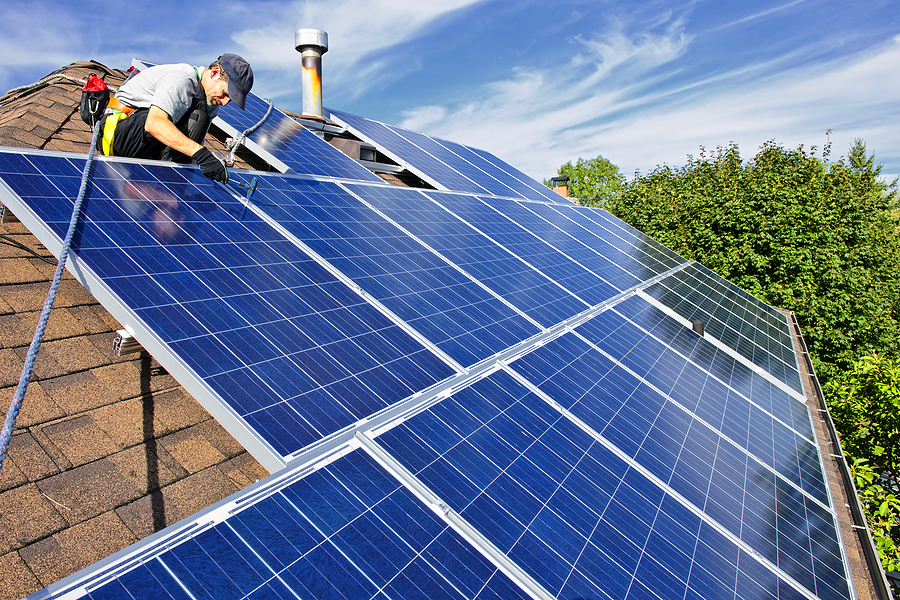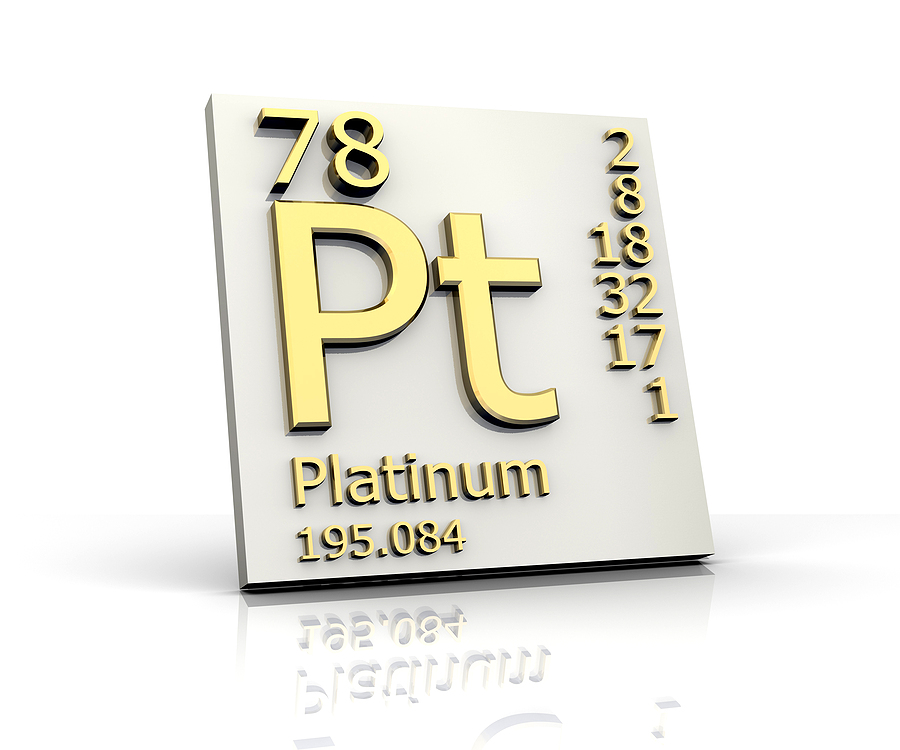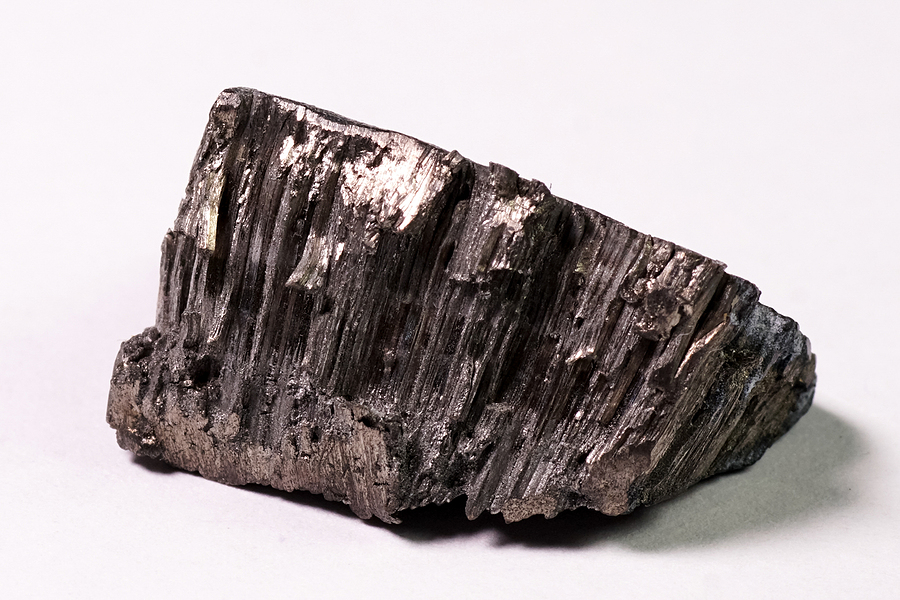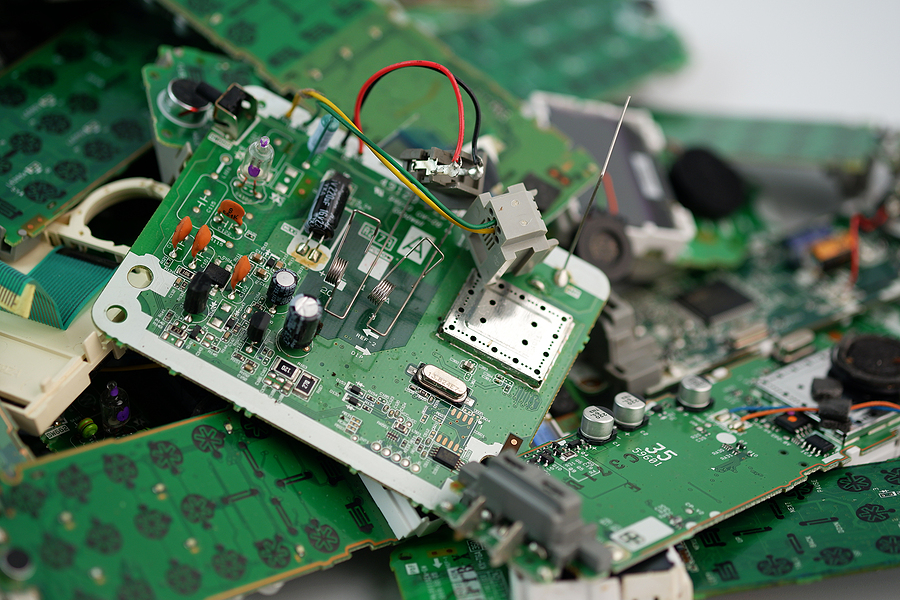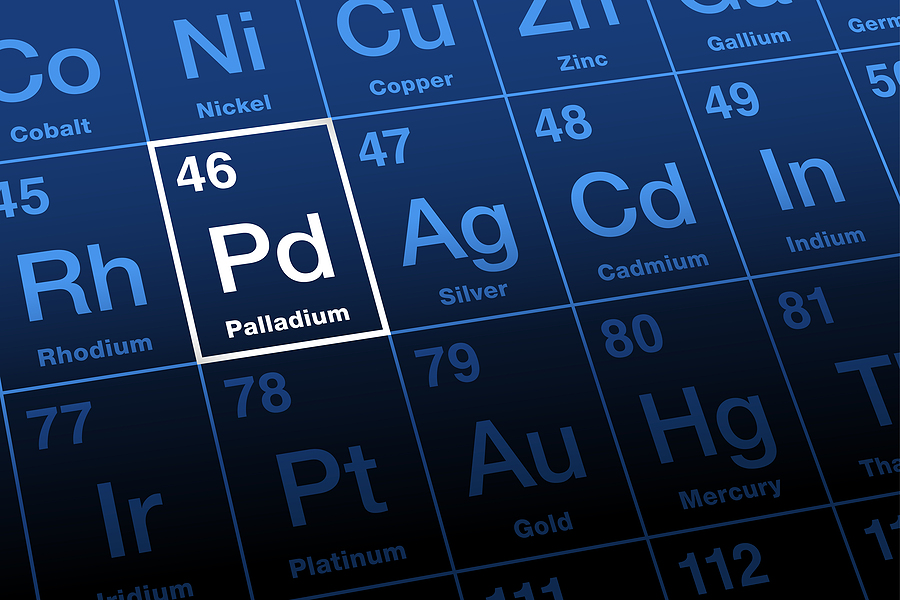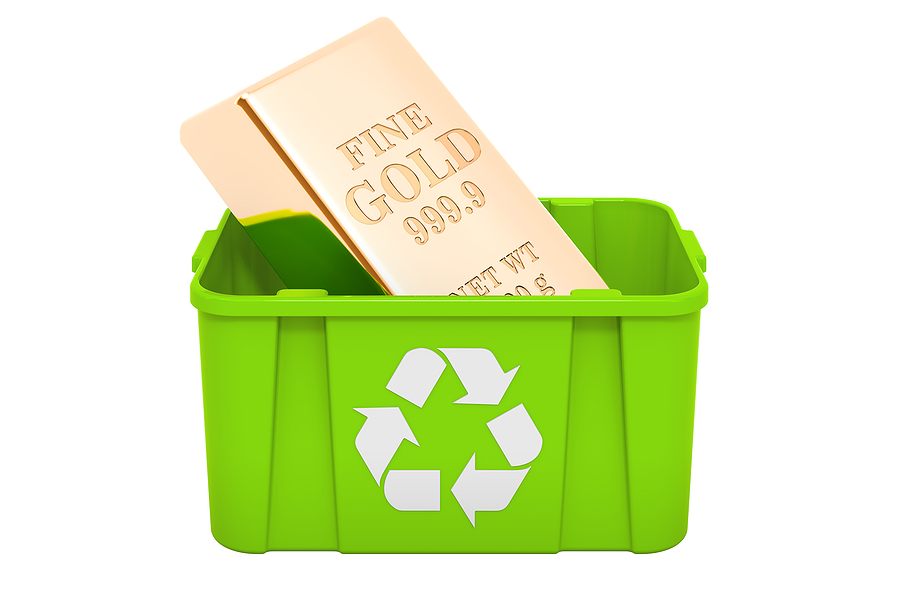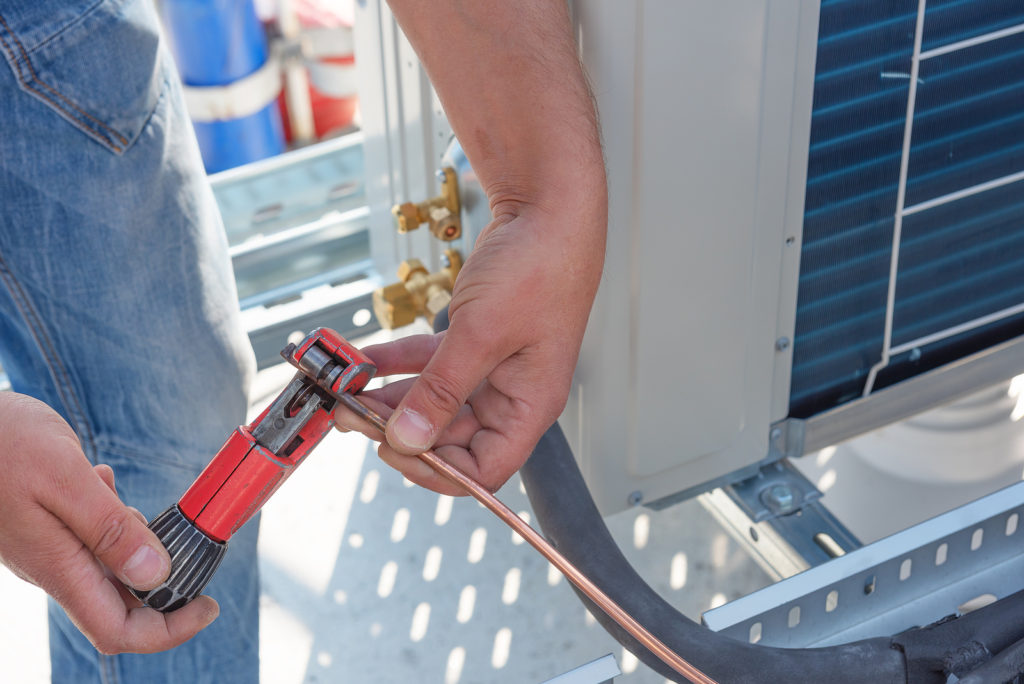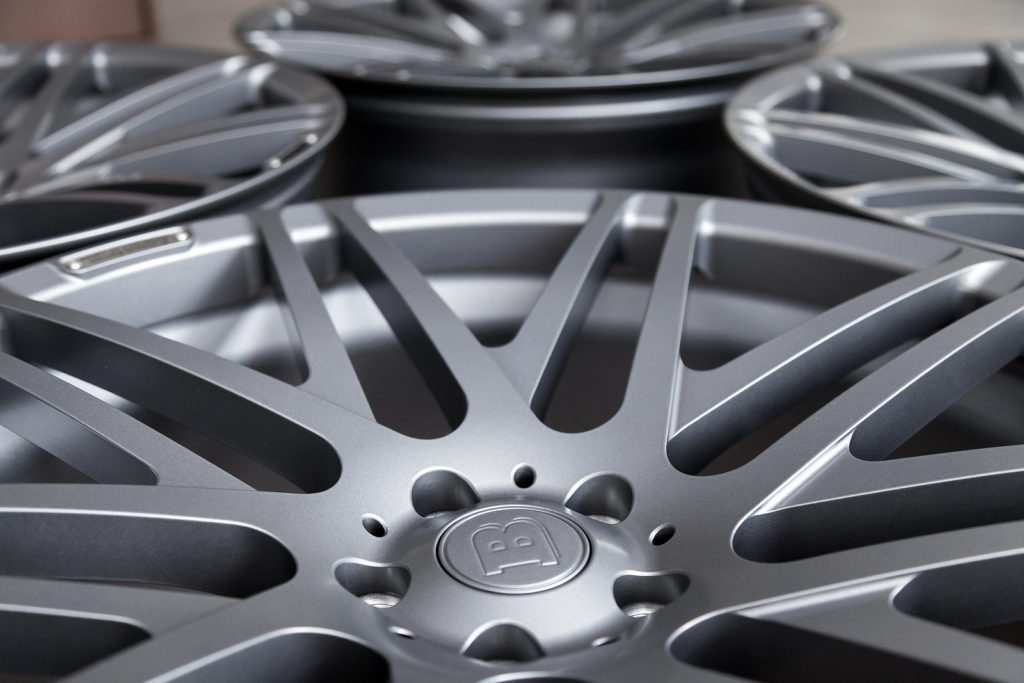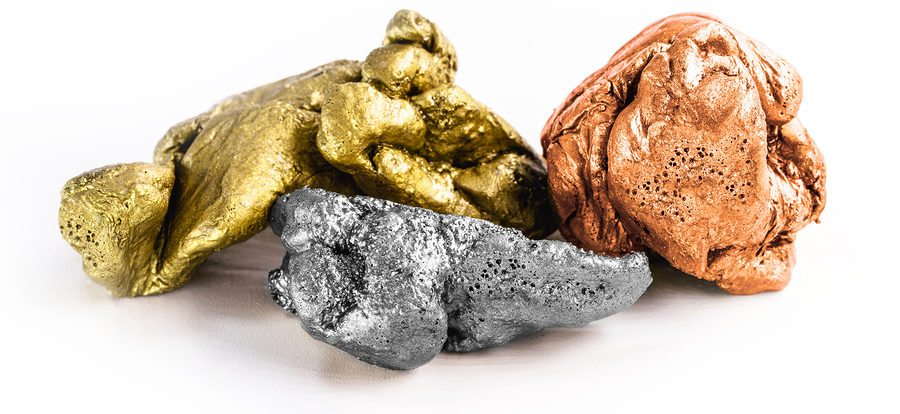In a world where sustainability is more important than ever, recycling has taken center stage. However, many Eco-conscious consumers often overlook the potential value hidden within common metal items. Silver, in particular, is a precious metal found in various household objects that can be recycled for cash. This blog aims to shed light on the importance of silver recycling, guiding you on identifying, recycling, and maximizing the value of silver-containing items.

Why Silver Recycling Matters
The Environmental Impact
Silver may be a small component in many items, but its environmental impact is significant. When silver-containing items end up in landfills, they contribute to pollution and waste. Mining for new silver is also resource-intensive, consuming vast amounts of energy and water. By recycling silver, you not only reduce environmental harm but also conserve natural resources.
The Financial Benefits
Apart from the environmental advantages, silver recycling offers financial incentives. Silver has intrinsic value, and recycling it allows you to turn unused or old items into cash. This dual benefit makes silver recycling a win-win for both your wallet and the planet.
Common Household Items Containing Silver
Silver is more common than you might think. Many household items contain this valuable metal, each offering an opportunity for recycling.
▶ Jewelry: Silver jewelry is perhaps the most obvious source of recyclable silver. Over time, tastes change, and jewelry gets damaged or goes out of style. Instead of letting rings, necklaces, and bracelets gather dust, consider recycling them for cash.
▶ Watches: Many watches, especially vintage ones, have silver components. These can include the casing, links, and even the internal mechanisms. Recycling these items can be particularly profitable.
▶ Electronics: Old electronics, especially phones and computers, are treasure troves of recyclable materials. Silver is used in various components, including circuit boards and connectors. Recycling these items ensures that this valuable metal is reused rather than wasted.
▶ Televisions and Cameras: Older televisions and cameras also contain silver. Whether it’s in the circuit boards or the lenses, these items can contribute significantly to your recycling efforts.
▶ Cutlery and Tableware: Silverware like forks, spoons, and knives is another common source of recyclable silver. Over time, sets get mismatched, or newer designs replace older ones. Instead of discarding these items, recycle them for their silver content.
▶ Serving Dishes and Trays: Larger tableware items like serving dishes and trays often contain substantial amounts of silver. These items can add significant weight and value to your recycling haul.
Identifying Silver-Containing Items
▶ Hallmarks and Stamps: One of the easiest ways to identify silver items is by looking for hallmarks or stamps. These marks indicate the purity and authenticity of the silver, making it easier to assess its value.
▶ Testing Kits: For items without visible stamps, silver testing kits are available. These kits usually include a solution that reacts with silver, helping you determine if the item is genuine.
▶ Professional Appraisal: If you’re unsure about an item’s silver content, consider getting a professional appraisal. Experts can accurately identify and value your items, ensuring you get the most out of your recycling efforts.
Where to Recycle Silver for Cash
▶ Local Recycling Centers: Many local recycling centers accept precious metal-containing items. These centers are equipped to handle various metals and can offer competitive prices for your items.
▶ Online Platforms: Several online platforms specialize in metal recycling. These platforms often provide free shipping labels and competitive rates, making it easier to recycle from the comfort of your home.
▶ Scrap Metal Buyers: Scrap metal buyers are another excellent option for recycling silver. These buyers often deal in bulk and can offer favorable rates for large quantities of silver items.
Maximizing the Value of Recycled Silver
▶ Cleaning and Preparing Items: Before recycling, ensure your silver items are clean and free of any non-metal parts. Removing any extraneous materials can increase the value of your items.
▶ Grouping Items by Purity: Grouping items by their silver purity levels can also maximize your returns. Pure silver items are more valuable than those with lower silver content, so separating them can help you get better rates.
▶ Staying Updated on Silver Prices: Silver prices fluctuate, so staying updated can help you choose the best time to sell. Various online resources track precious metal prices and can guide you on when to recycle your items for maximum profit.
Conclusion
Recycling silver offers both environmental and financial benefits, making it an ideal practice for Eco-conscious consumers and recycling enthusiasts alike. By recognizing the value hidden in common household items, you can contribute to sustainability while also earning extra cash.
Now that you’re armed with the knowledge and steps to recycle silver, it’s time to take action. Start identifying, preparing, and recycling your silver items today. Not only will you make a positive impact on the environment, but you’ll also unlock the hidden value in items you no longer need.
Are you looking to sell scrap goods filled with silver, gold, or another precious metal? Contact Zore’s Recycling at 317-244-0700 to get paid instant cash on the spot for scrap metal recycling in Indianapolis, Indiana. We buy electronics, automotive scrap, appliances, and more.
Related Posts:
Beyond the Shine: The Astonishing Uses of Platinum in Today’s Technology
What are Noble Metals?
Is it a Good Investment to Recycle Precious Metals?

